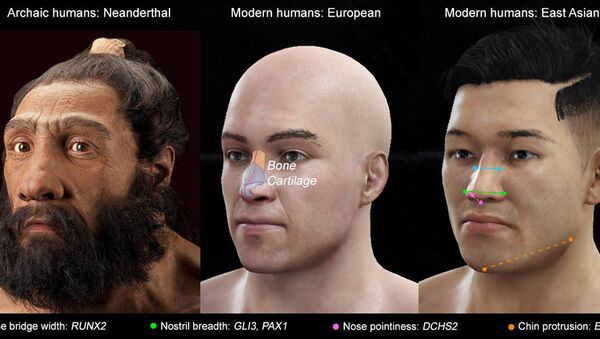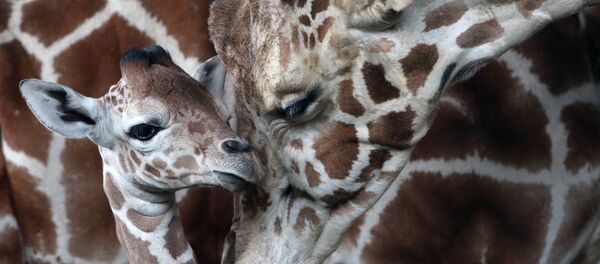Researchers at University College London have found five genes which control the shape of specific features. DCHS2, RUNX2, GLI3 and PAX1 affect the width and pointiness of the nose and gene, EDAR, affects how much you chin sticks out.
"Few studies have looked at how normal facial features develop and those that have only looked at European populations, which show less diversity than the group we studied," Dr Kaustubh Adhikari, lead author of the report said.
"What we've found are specific genes which influence the shape and size of individual features, which hasn't been seen before."
Dr Adhikari explains that by tracing the role each gene plays in determining the shape of a nose or chin, "helps us to piece together the evolutionary path from Neanderthal to modern humans.
"It brings us closer to understanding how genes influence the way we look, which is important for forensic applications," he said.
'Nose Shape — New Tools'
The team of researchers analyzed DNA samples from 6,630 volunteers from Brazil, Colombia, Chile, Mexico and Peru. After an initial screening, 5,958 people were chosen. 50 percent were of mixed European heritage, 45 percent were Native American and five percent had African ancestry. The study has been published in journal Nature Communications.
Both men and women were assessed for 14 different facial features and a subgroup of 3,000 people had their faces assessed using a 3D reconstruction of the face.
"It has long been speculated that the shape of the nose reflects the environment in which humans evolved. For example, the comparatively narrower nose of Europeans has been proposed to represent an adaptation to a cold, dry climate," explained Professor Andres Ruiz-Linares who led the study.
"Identifying genes affecting nose shape provides us with new tools to examine this question, as well as the evolution of the face in other species," Professor Ruiz-Linares said.
The genes discovered have a range of jobs, from driving bone and cartilage growth, controlling the breadth of nostrils, the size of the bridge of the nose and even one to control how pointy it is.






